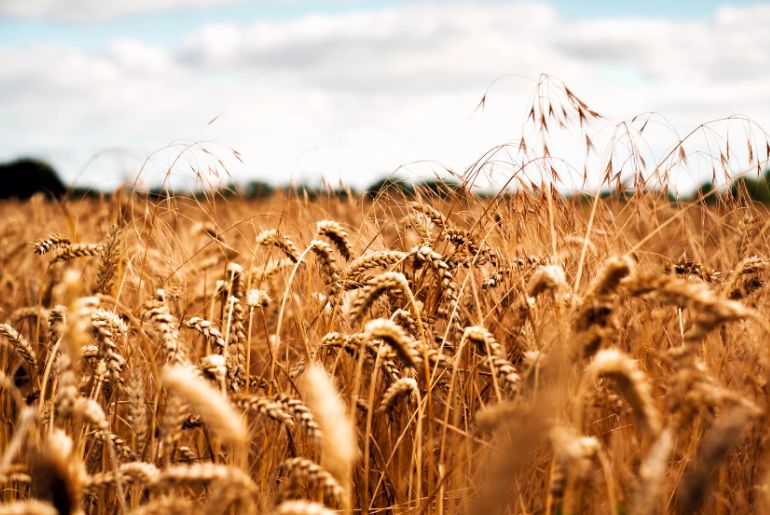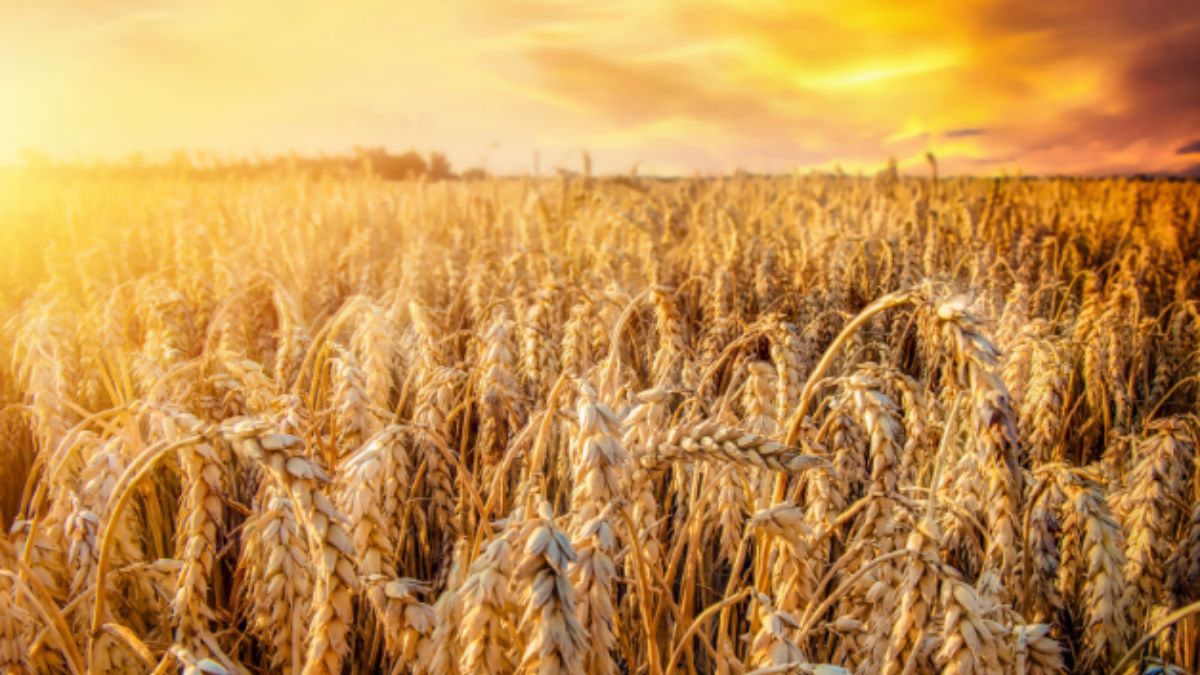The term “global warming” does not just refer to summertime high temperatures. Instead, it causes seasonal weather shifts as well as extreme weather occurrences including severe heat waves, floods, and drought. In this approach, the general alteration of the climate, of which global warming is merely one component, is referred to as climate change. However, they have a wide range of effects, one of which is the impact on our food supply. According to a new study, climate change will have a negative impact on both wheat output and the world’s food supply.
Global Warming Is Threatening Food Supply!

This problem has gained attention because of a study conducted at Tufts University’s Friedman School of Nutrition Science and Policy. The analysis makes it very evident that it is more likely than not that severe temperatures will negatively impact crop productivity.
The report makes it quite evident that the greatest effects would be felt in nations that produce wheat, including China and India. According to the study’s primary author, Erin Coghlan de Perez, we will experience heat waves more frequently than we did in 1981, which were previously observed just once every hundred years.
Also Read: Mahesh Manjrekar’s Cloud Kitchen In Mumbai’s Goregaon Serves Delicious Malvani Food. Go Try!
According to Erin, similar heat waves occur every six years in the Midwest of America and every 16 years in North-East China. These are the scenarios that are predicted, and we need to be ready for them. We haven’t even had the chance to experience them yet. The future cannot accurately tell us about the past as it was.
Research On Surface Temperature

The study, which was written up in the journal Climate and Atmospheric Science, issues a warning that people are underestimating the likelihood of today’s extreme events because of how different our climate is now. The average worldwide surface temperature during the last decade was 1.1 degrees Celsius higher than it was between 1850 and 1900. This was recorded according to the Intergovernmental Panel on Climate Change report.
Researchers looked at information gathered over the last 40 years for weather forecasts in the study. It produced many estimates of changes in rainfall and temperature. The researchers looked into the possibility that repeated exposure to extremely high temperatures could have an impact on wheat growth by examining these data and the actual outcomes.
Also Read: What Is Pescetarianism? All You Need To Know About This Seafood-Based Diet
Comment below and share your views on global warming and food supply.
Cover Image Courtesy: Canva
First Published: June 11, 2023 6:06 PM



